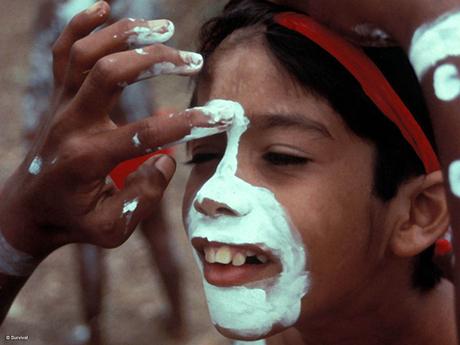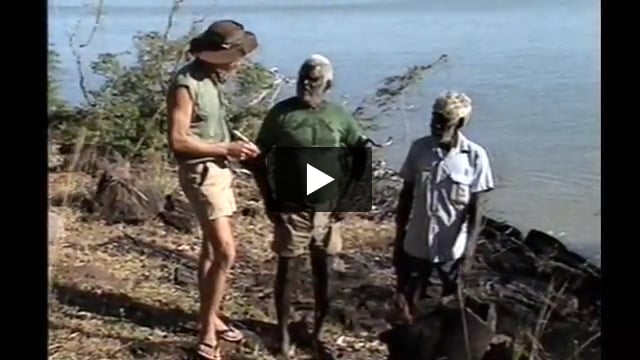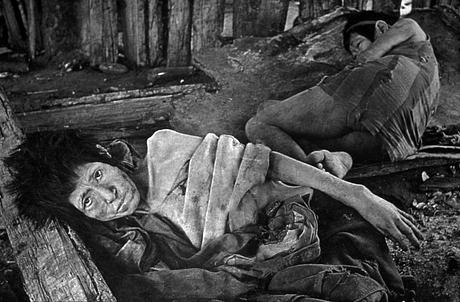New Aboriginal community offers glimmer of hope
February 23, 2010
 © John Miles/Survival
© John Miles/SurvivalThis page was last updated in 2010 and may contain language which is now outdated.
A group of Alyawarr Aborigines have abandoned their central Australian settlement, and set up a new community at a place called Honeymoon Bore.
Banjo Morton, who led the move, said that they’d been treated as outcasts and not involved in decisions about their community, especially since the federal Indigenous ‘intervention’ policy began in 2007.
The ‘intervention’ was a reaction to a report citing widespread child abuse amongst Aborigine communities. The government’s response was to send police and troops to many remote communities, with special bans on alcohol and pornography.
Control was wrested from community leaders and there was almost no consultation or involvement with the Aborigines themselves. The intervention has been rejected by remote communities and criticized by the UN as discriminatory.
Honeymoon Bore is just outside the area covered by the intervention, so the community is able to take control of its way of life and its future. Mr Morton told journalists, ‘We feel free and happy here, away from all the rules and interference of the intervention.’
Currently about 70 people are now living in the new settlement, in tents and crude shelters. Although their current situation is basic, it is better than the overcrowding in the old settlement where raw sewage was ankle deep in some houses and people had no say in decisions made about their lives.
Richard Downs, another Alyawarr leader, has said that he envisages the community growing and becoming a genuine Indigenous ‘utopia’. He said, ‘Our aim is to show that Aboriginal people can break the cycle of dependency, that we can look after ourselves on our country.’
Survival’s Progress Can Kill campaign highlights how loss of land and control over their way of life has been disastrous for tribal communities all over the world. It often leads to dependency, depression, suicides and substance abuse.
Steps by communities, such as those at Honeymoon Bore, to take back control over their lives, their lands and their way of life, offer a glimmer of hope for tribal peoples around the world.



